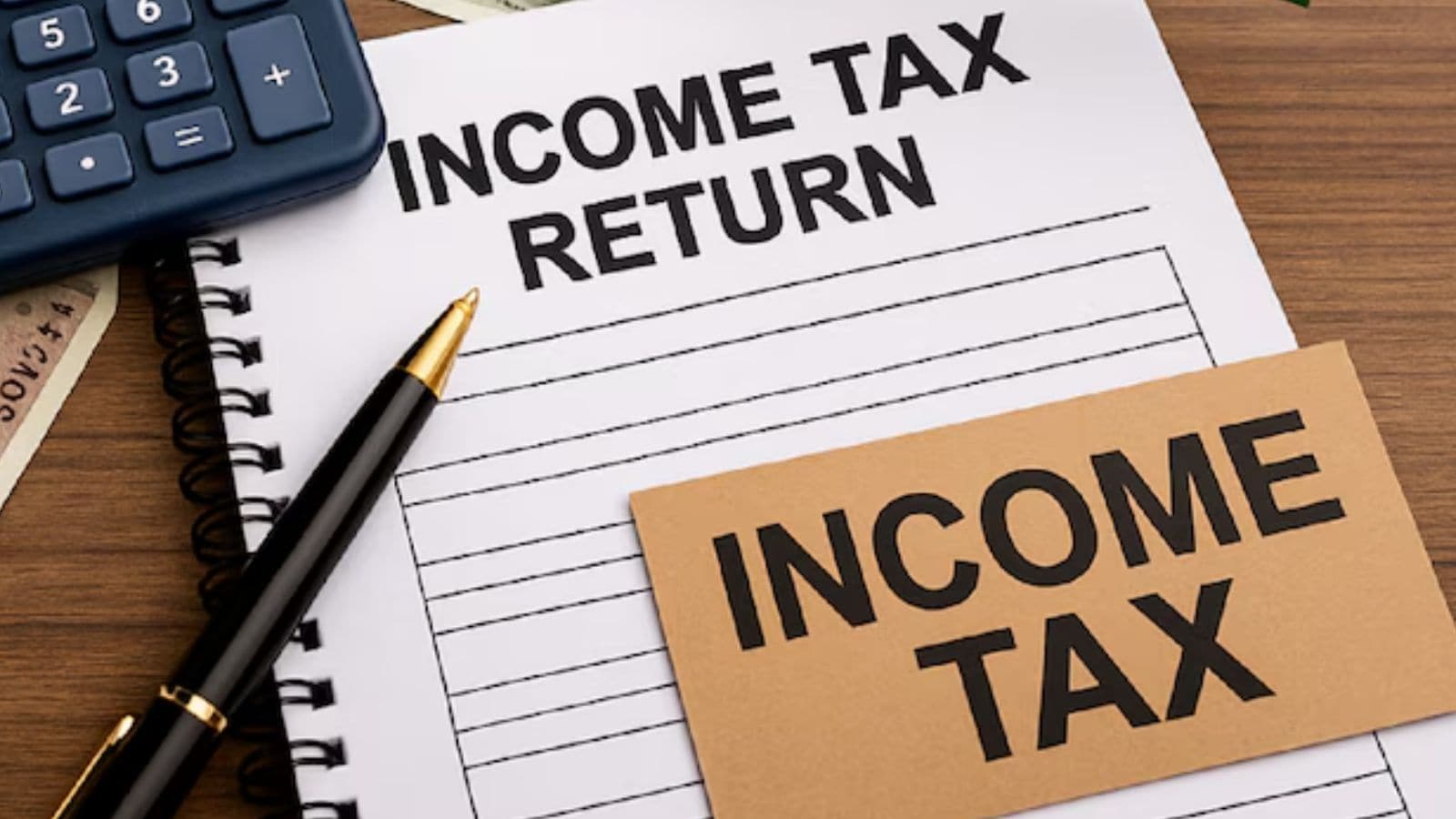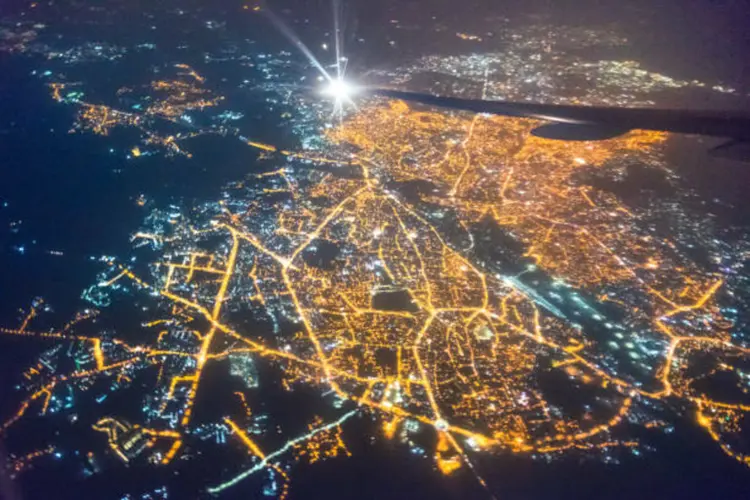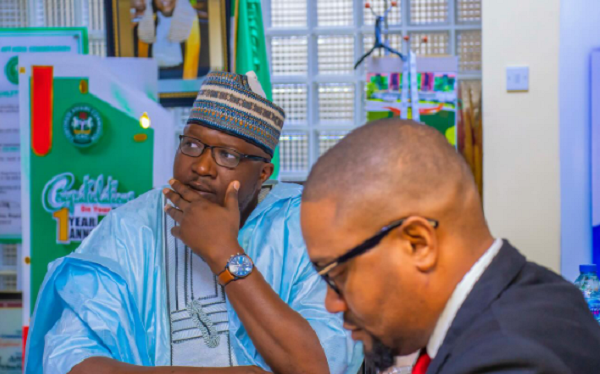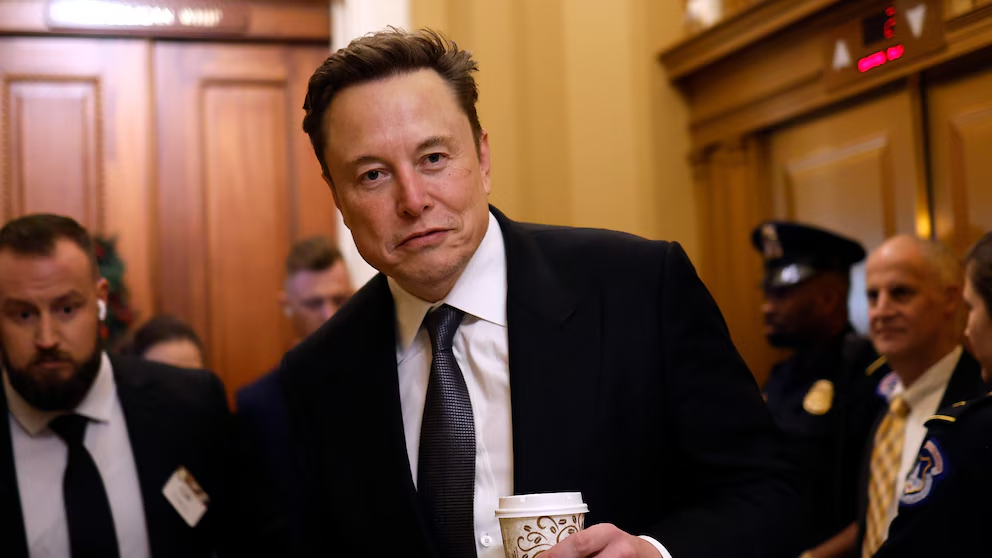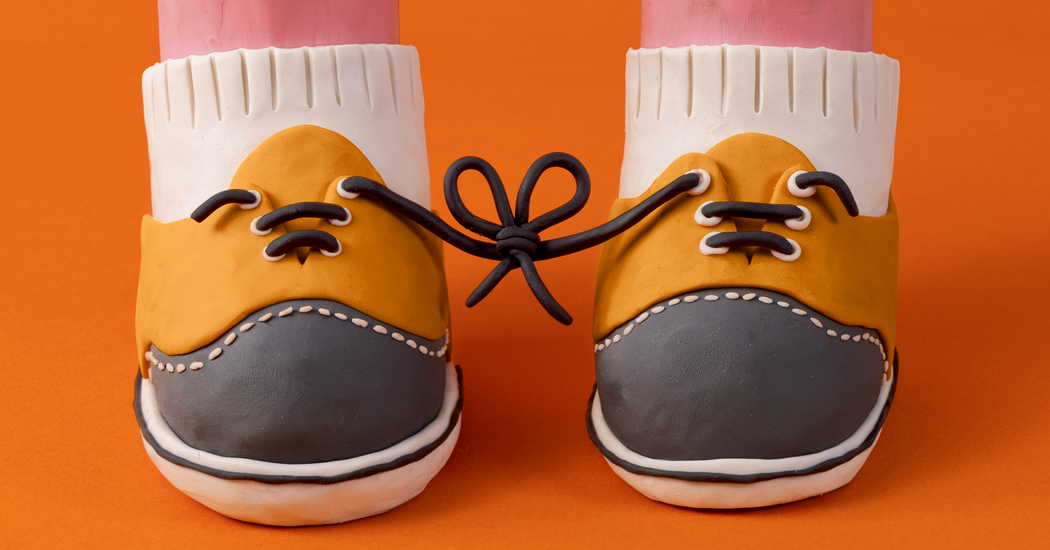
To the Editor:
Re “Parents, Your Job Has Changed in the A.I. Era,” by Jenny Anderson and Rebecca Winthrop (Opinion guest essay, Sept. 12):
Originality is rare, and creativity is scarce, particularly in academic settings. Where has all the ingenuity gone these days? It is certainly no longer at the forefront of some students’ minds. Our ability to think critically and independently and form well-reasoned opinions is in jeopardy, and the main culprit behind this is artificial intelligence.
Without adequate regulation and oversight from our education system, A.I. will be the downfall of many students, if it hasn’t been already. As a college student, I understand and share similar concerns as parents regarding the use of A.I.
Critical thinking was already on the decline before the emergence of A.I. tools, but their arrival has accelerated this existing trend. A.I. is a helpful grammar tool at best, but it should be used sparingly.
Overreliance on this technology for decision-making will reduce trust and confidence in one’s judgment, potentially limiting younger students’ capacity to think creatively, critically and independently.
Alexa Rose Perocillo
Orono, Maine
The writer is the opinion editor for The Maine Campus newspaper at the University of Maine.
To the Editor:
“Parents, Your Job Has Changed in the A.I. Era” merits a virtual gold star for highlighting the challenges of implementing A.I. in K-12 education and the benefits that can be achieved through more personalized and creative approaches when done correctly.
As an experienced former school administrator and a current leader at an education technology company, I have learned that what families value most from digital technologies is not speed or shortcuts. It is time and the chance to allow their kids to learn independently and develop at their own pace.
Meghan Freeman
Whitefish, Mont.
Infants and Screens
But teens and preteens are not the only children the tech industry targets and exploits. Parents of babies and toddlers are inundated with false marketing for apps and videos claiming — without evidence — to teach their youngest children everything from first words to counting to colors.
In fact, research tells us that babies and toddlers learn best in relationship to caring adults, not from machines, and that hours with screens in infancy can affect brain development and are linked to language delays and other learning problems later in childhood.
I fully support the phone-free schools movement, as well as other efforts to limit the tech industry’s exploitation of adolescent vulnerabilities. But it’s not enough to start there. It’s crucial to recognize that excessive tech use often begins in infancy and that its harms can be devastating to healthy growth and development.
Susan Linn
Brookline, Mass.
The writer is the author of “Who’s Raising the Kids? Big Tech, Big Business and the Lives of Children.”
To the Editor:
I nominate Frank Bruni’s essay “Give Trump a Nobel. And an Emmy. And an Oscar …” (Opinion, Aug. 19) for the Mark Twain Prize for American Humor, to be presented this December at the John F. Kennedy Center for Performing Arts in Washington by President Trump.
Maybe if Mr. Trump can take center stage to bedeck The New York Times and its media brethren more, he will bedevil them less.
Dennis L. Breo
New Smyrna Beach, Fla.
To the Editor:
I agree with Frank Bruni. Give Donald Trump as many honors as possible while he is president. We should also carve his likeness on Mount Rushmore. Such a bold addition to the “Shrine of Democracy” would be an apt physical and historical bookend: two founders on one side (Washington and Jefferson) and, on the far right, the man who will likely bring the grand American experiment to an end.
Even if President Trump is not successful at completely dismantling our democracy, his scowling visage would remind future generations how close he came.
Lee W. Anderson
Redwood City, Calif.
To the Editor:
I propose to establish a new prize — the Neville Chamberlain Peace for Our Time Prize — and to nominate Donald J. Trump to be its first recipient.
David Hill
Mill Valley, Calif.
